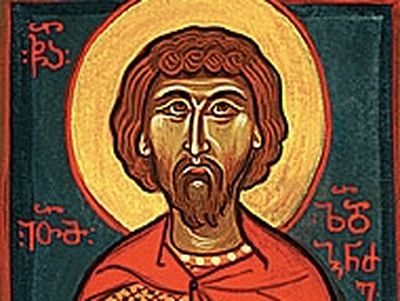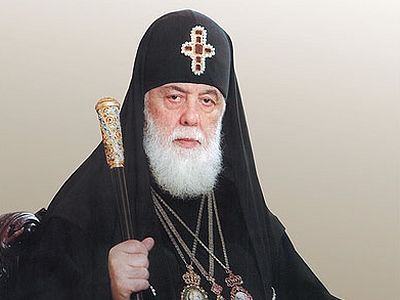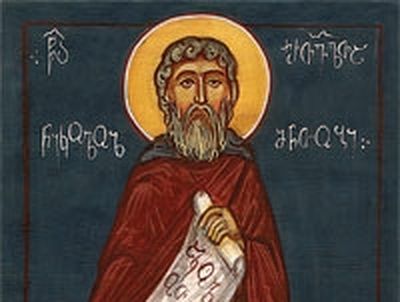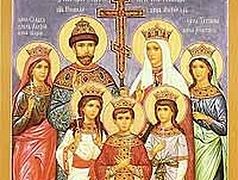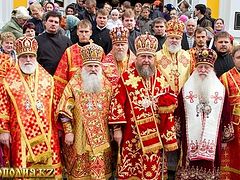 In 1227 Sultan Jalal al-Din of Khwarazm and his army of Turkmen attacked Georgia. On the first day of the battle the Georgian army valorously warded off the invaders as they were approaching Tbilisi. That night, however, a group of Persians who were living in Tbilisi secretly opened the gates and summoned the enemy army into the city.
In 1227 Sultan Jalal al-Din of Khwarazm and his army of Turkmen attacked Georgia. On the first day of the battle the Georgian army valorously warded off the invaders as they were approaching Tbilisi. That night, however, a group of Persians who were living in Tbilisi secretly opened the gates and summoned the enemy army into the city.
According to one manuscript in which this most terrible day in Georgian history was described: “Words are powerless to convey the destruction that the enemy wrought: tearing infants from their mothers’ breasts, they beat their heads against the bridge, watching as their eyes dropped from their skulls.…”
A river of blood flowed through the city. The Turkmen castrated young children, raped women, and stabbed mothers to death over their children’s lifeless bodies. The whole city shuddered at the sound of wailing and lamentation. The river and streets of the city were filled with death.
The sultan ordered that the cupola of Sioni Cathedral be taken down and replaced by his vile throne. And at his command the icons of the Theotokos and our Savior were carried out of Sioni Cathedral and placed at the center of the bridge across the Mtkvari River. The invaders goaded the people to the bridge, ordering them to cross it and spit on the holy icons. Those who betrayed the Christian Faith and mocked the icons were spared their lives, while the Orthodox confessors were beheaded.
One hundred thousand Georgians sacrificed their lives to venerate the holy icons. One hundred thousand severed heads and headless bodies were carried by the bloody current down the Mtkvari River.
O ye thousands of stars, the chosen people guarding the Georgian Church with your golden wings, intercede for us always before the face of God!

